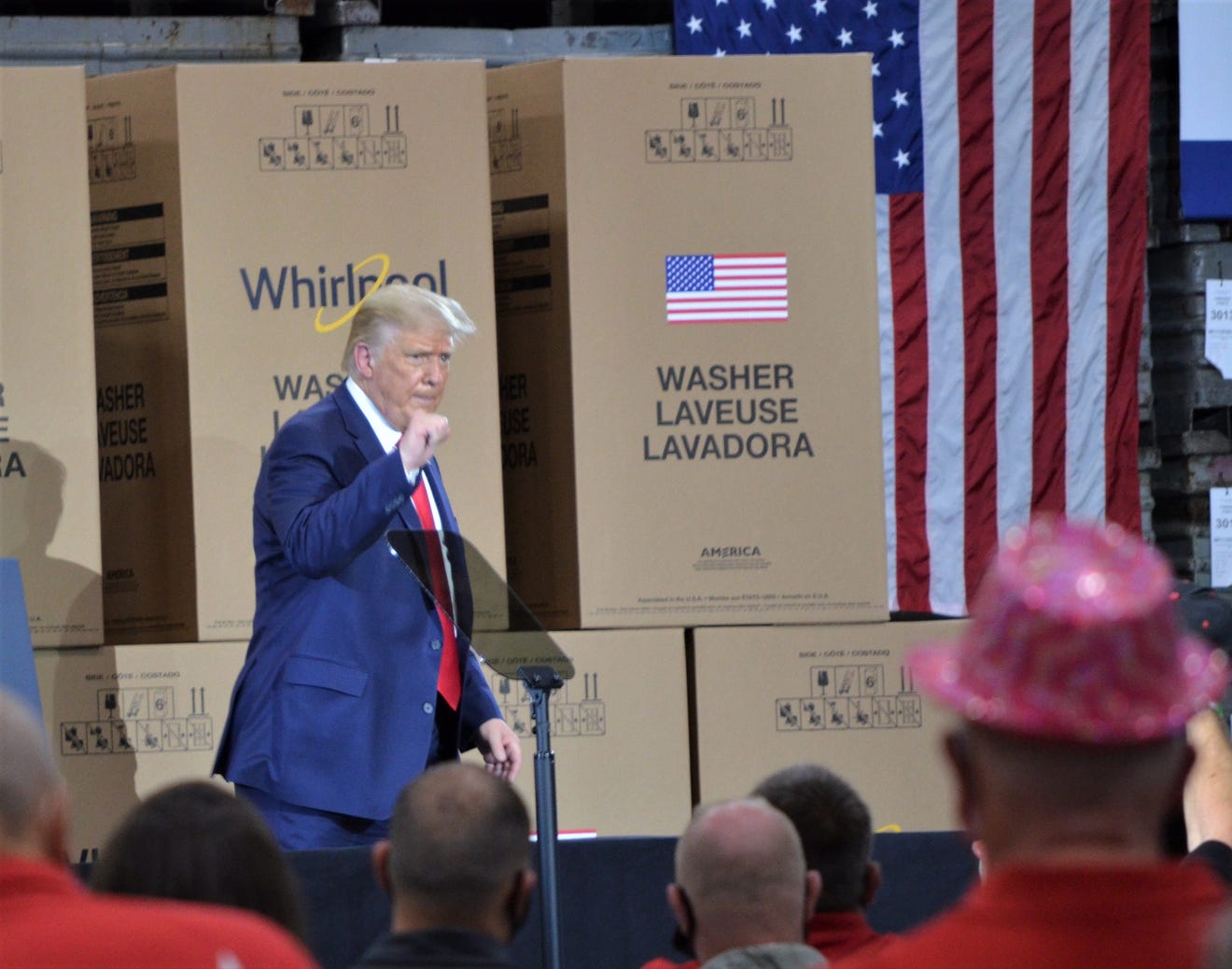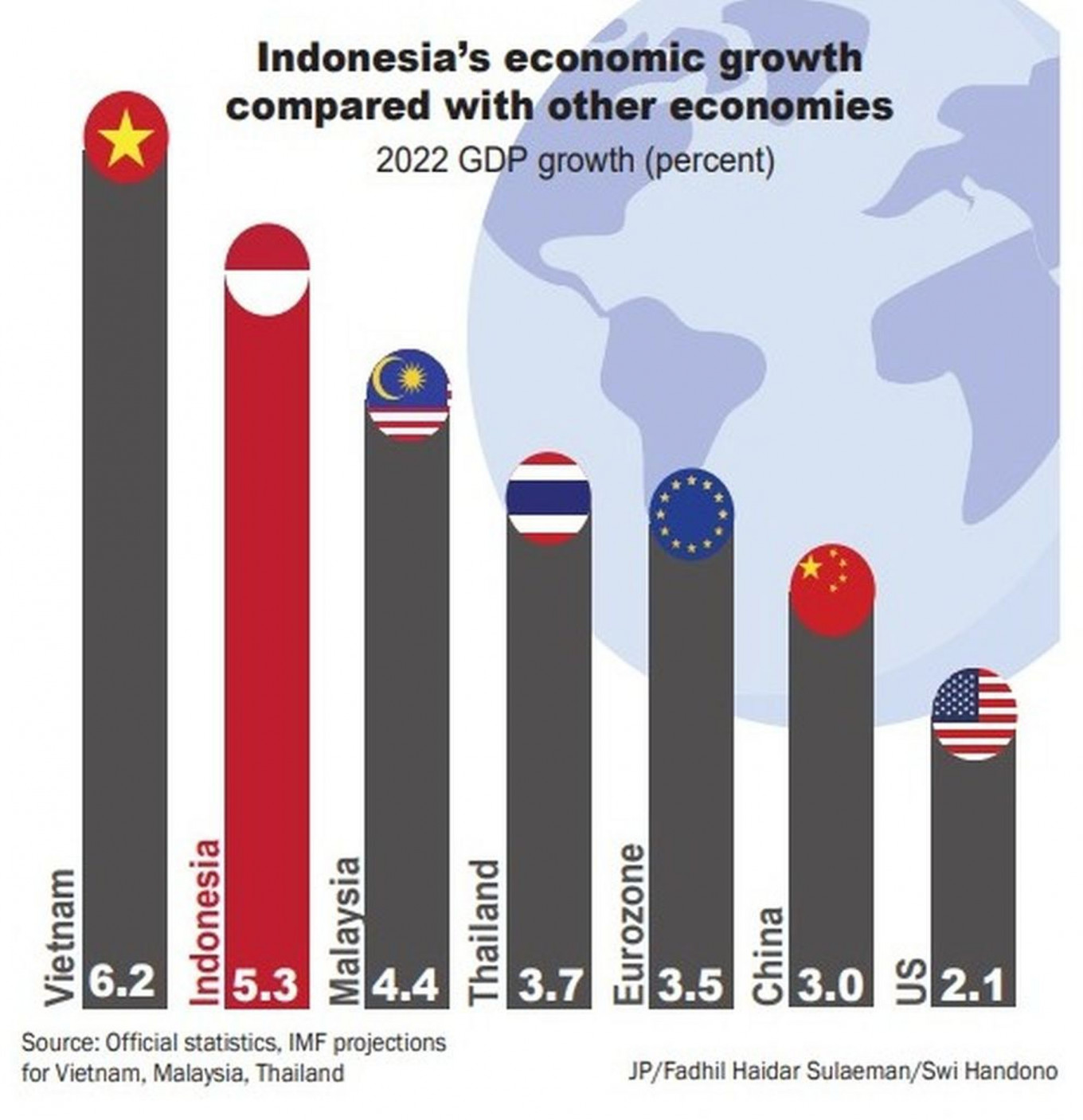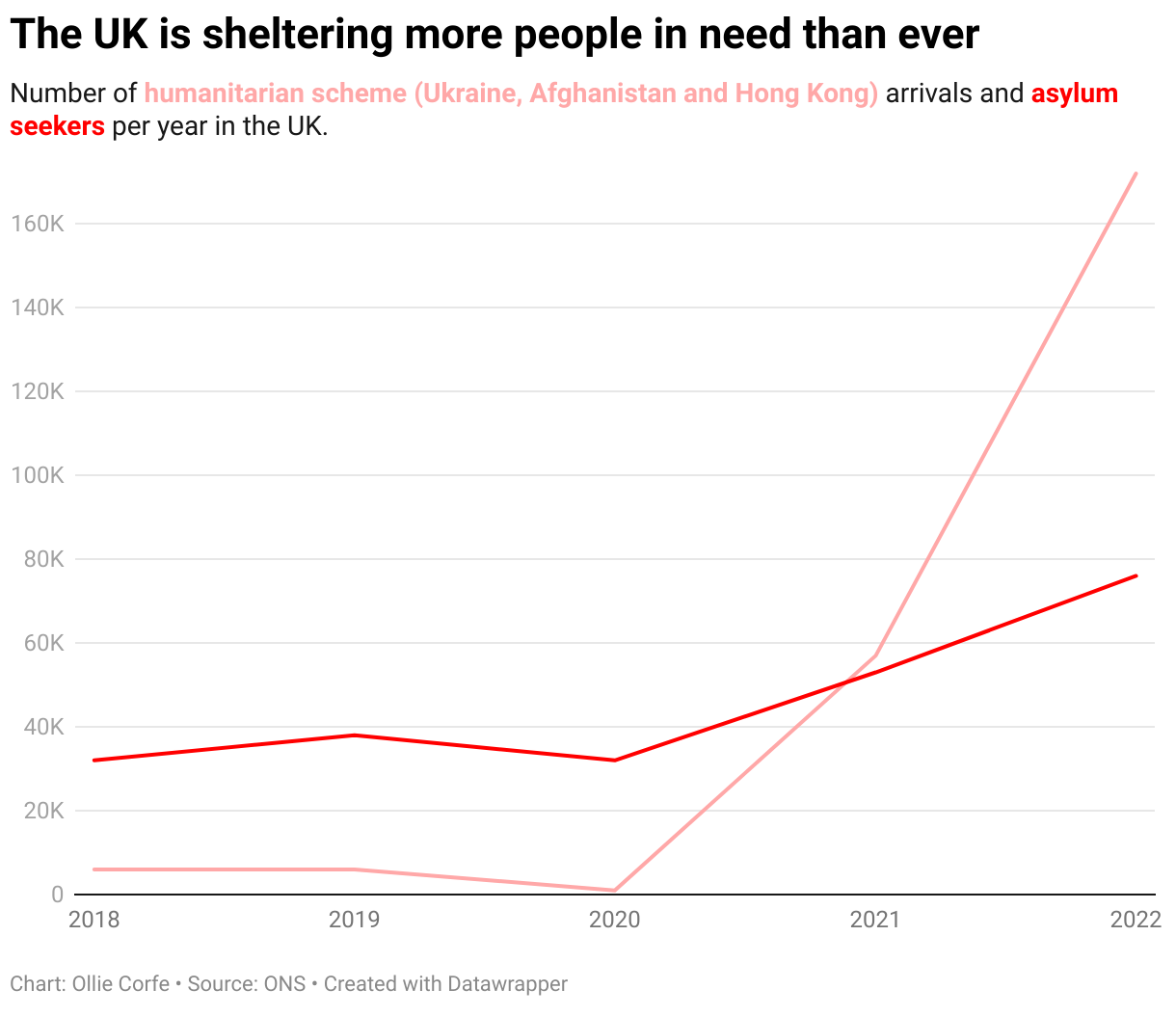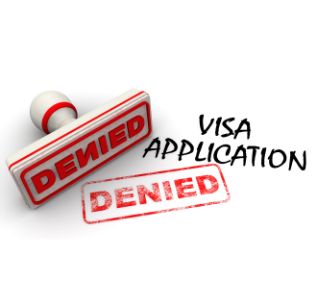Trump's Tariffs Face Legal Challenge: Judicial Review At Stake

Table of Contents
The Legal Basis of the Challenges to Trump's Tariffs
The legal challenges to Trump's tariffs rest on several key arguments. Critics contend that the tariffs violate international trade agreements, particularly rules of the World Trade Organization (WTO), and exceed the presidential authority granted under US law.
- Violation of WTO rules: Many challenges argue that the tariffs, particularly those imposed under Section 301 of the Trade Act of 1974, contravene WTO principles of non-discrimination and represent unjustified protectionist measures. The complainants often cite the WTO's Dispute Settlement Body (DSB) process and relevant case law.
- Exceeding Presidential Authority: Legal experts question whether the President has the constitutional or statutory authority to impose tariffs on the scale and scope implemented by the Trump administration, arguing that such actions usurp the power of Congress.
- Lack of Due Process: Some lawsuits argue that businesses affected by the tariffs were denied adequate due process and opportunity to challenge the imposition before experiencing significant economic harm.
Key legal players involved include various US businesses, foreign governments (as complainants before the WTO), and advocacy groups representing specific industries impacted by the tariffs. The Section 301 tariffs, justified by the administration as necessary to address unfair trade practices and protect national security, are a central point of contention in these legal battles.
Key Arguments in Favor of Trump's Tariffs
The US government has defended the tariffs on several grounds, primarily focusing on national security and the need to counter unfair trade practices.
- National Security Justification: The administration argued that certain imports posed a threat to national security, justifying the use of tariffs under Section 232 of the Trade Expansion Act of 1962. This argument was particularly prominent regarding steel and aluminum imports.
- Addressing Unfair Trade Practices: The administration pointed to what it considered unfair trade practices by specific countries, including subsidies and intellectual property theft, as justification for retaliatory tariffs.
- Economic Benefits: Proponents cited the potential for increased domestic production, job creation in specific sectors, and reduced trade deficits as potential economic benefits of the tariffs.
Counter-arguments to WTO violation claims often centered on the assertion that the tariffs were necessary responses to legitimate national security concerns or demonstrably unfair trade practices that outweighed the potential disruption to international trade. Overturning the tariffs, the government argued, would significantly weaken national security and leave US industries vulnerable to unfair competition.
The Role of the Judiciary in Shaping Trade Policy
Judicial review plays a crucial role in shaping US trade policy. Courts act as a check on executive power, ensuring that trade actions comply with domestic law and international obligations. Past rulings have significantly altered trade policies, demonstrating the judiciary's ability to influence the course of trade relations.
- Precedents and Impacts: Past judicial decisions concerning trade remedies, such as anti-dumping and countervailing duties, have established precedents that guide subsequent legal challenges. These rulings have shaped the interpretation of trade laws and influenced future government actions.
- Long-Term Implications: The outcome of these legal challenges will have long-term implications, potentially establishing significant precedents that affect future trade disputes and the balance of power between the executive and judicial branches in setting trade policy.
Potential Outcomes and Their Economic Implications
Several potential outcomes exist for the legal challenges to Trump's tariffs:
- Full or Partial Tariff Removal: Courts could rule that the tariffs are unlawful, leading to their complete or partial removal. This would likely have significant economic impacts, potentially lowering prices for consumers but also risking job losses in protected industries.
- Tariff Modification: Courts might order modifications to the tariffs, such as reducing rates or narrowing the scope of affected goods. This would offer a compromise, mitigating some of the negative economic consequences of full removal.
- Upholding the Tariffs: If the courts uphold the tariffs, it could reinforce the executive branch's authority in trade matters but could further strain international trade relations and potentially lead to retaliatory measures from other countries.
The economic impacts of each scenario would be significant, influencing prices for consumers, job creation and losses across various sectors, and the overall US trade deficit.
The Broader Context of International Trade Law
This legal challenge falls within the broader context of international trade law, specifically concerning the WTO's dispute settlement mechanism. The outcome will have implications for the effectiveness of the WTO in resolving trade disputes and could impact future bilateral trade agreements.
- WTO Dispute Settlement: The challenges raise questions about the effectiveness of the WTO's system in addressing unilateral trade actions by major economic powers.
- Bilateral Trade Agreements: The outcome could influence negotiations and enforcement of future bilateral trade agreements, as countries may be less willing to enter into agreements if they perceive a lack of effective dispute resolution mechanisms.
- Multilateral Agreements: The case highlights the complexities of resolving trade disputes within a multilateral framework, underscoring the need for effective international cooperation in regulating global trade.
Conclusion: The Future of Trump's Tariffs and the Importance of Judicial Review
The legal challenges to Trump's tariffs represent a pivotal moment for US trade policy and the role of judicial review in ensuring compliance with domestic and international law. The key arguments—violations of WTO rules, exceeding presidential authority, and economic consequences—highlight the complex interplay between trade policy, legal precedent, and national interests. The potential outcomes, ranging from full tariff removal to complete upholding, will have significant and long-lasting economic and geopolitical implications. Staying informed about the ongoing legal challenges to Trump's tariffs and their impact on future trade policy is crucial. Further research into related legal cases and trade disputes will illuminate the evolving landscape of international trade law.

Featured Posts
-
 Tulsa Fire Department Responds To 800 Emergencies During Winter Storm
May 02, 2025
Tulsa Fire Department Responds To 800 Emergencies During Winter Storm
May 02, 2025 -
 Ultra Low Growth Forecast For Canadas Economy In 2024 David Dodges Prediction
May 02, 2025
Ultra Low Growth Forecast For Canadas Economy In 2024 David Dodges Prediction
May 02, 2025 -
 Ywm Ykjhty Kshmyr Mkhtlf Shhrwn Myn Mzahre Awr Rylyan
May 02, 2025
Ywm Ykjhty Kshmyr Mkhtlf Shhrwn Myn Mzahre Awr Rylyan
May 02, 2025 -
 Credible Evidence Of Harassment Reform Shares And Ex Mp Rupert Lowe Investigation
May 02, 2025
Credible Evidence Of Harassment Reform Shares And Ex Mp Rupert Lowe Investigation
May 02, 2025 -
 Glastonbury Stage Times 2024 A Scheduling Nightmare
May 02, 2025
Glastonbury Stage Times 2024 A Scheduling Nightmare
May 02, 2025
Latest Posts
-
 Uk Student Visas New Restrictions For Pakistani Applicants And Asylum Seekers
May 10, 2025
Uk Student Visas New Restrictions For Pakistani Applicants And Asylum Seekers
May 10, 2025 -
 Uk Visa Restrictions New Plans For Certain Nationalities
May 10, 2025
Uk Visa Restrictions New Plans For Certain Nationalities
May 10, 2025 -
 Tragedie A Dijon Deces D Un Jeune Ouvrier Apres Une Chute De Quatre Etages
May 10, 2025
Tragedie A Dijon Deces D Un Jeune Ouvrier Apres Une Chute De Quatre Etages
May 10, 2025 -
 Uk To Restrict Pakistani Students Asylum Implications For Other Nations
May 10, 2025
Uk To Restrict Pakistani Students Asylum Implications For Other Nations
May 10, 2025 -
 Chute Mortelle A Dijon Un Ouvrier Meurt Apres Une Chute Du 4e Etage
May 10, 2025
Chute Mortelle A Dijon Un Ouvrier Meurt Apres Une Chute Du 4e Etage
May 10, 2025
